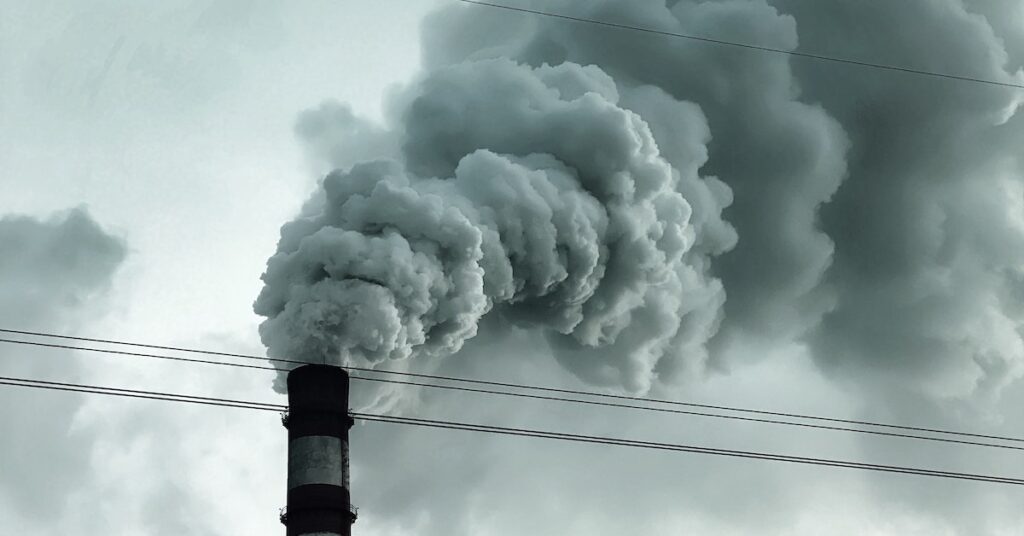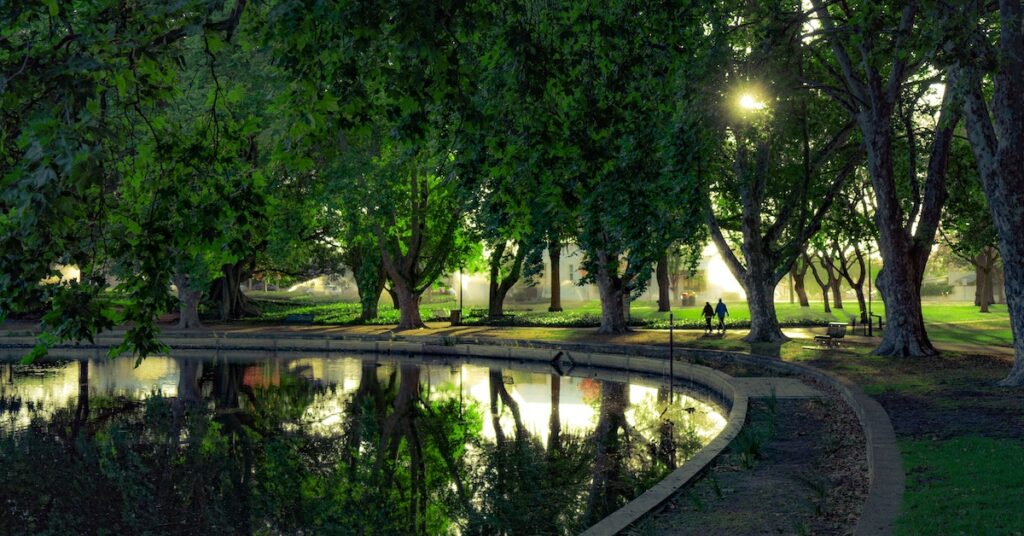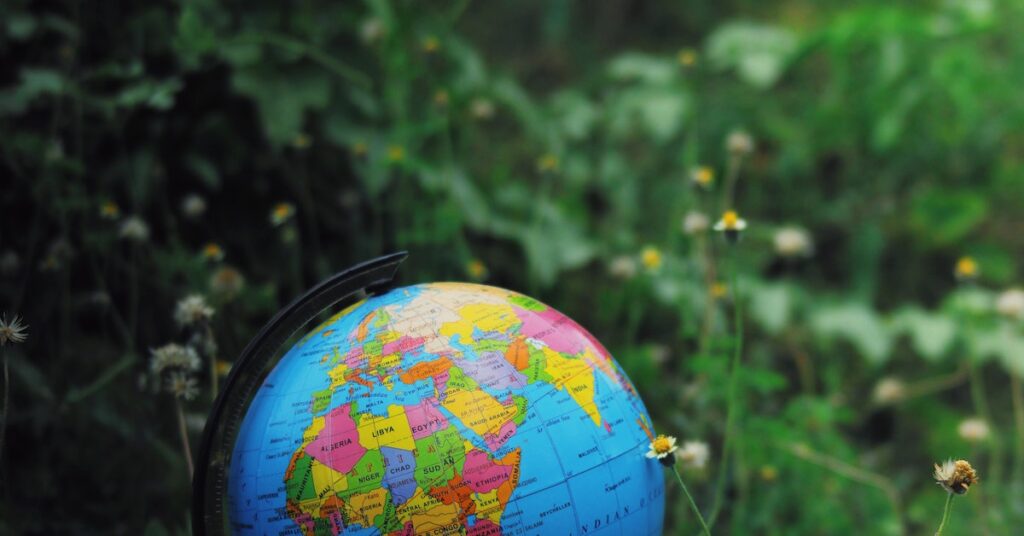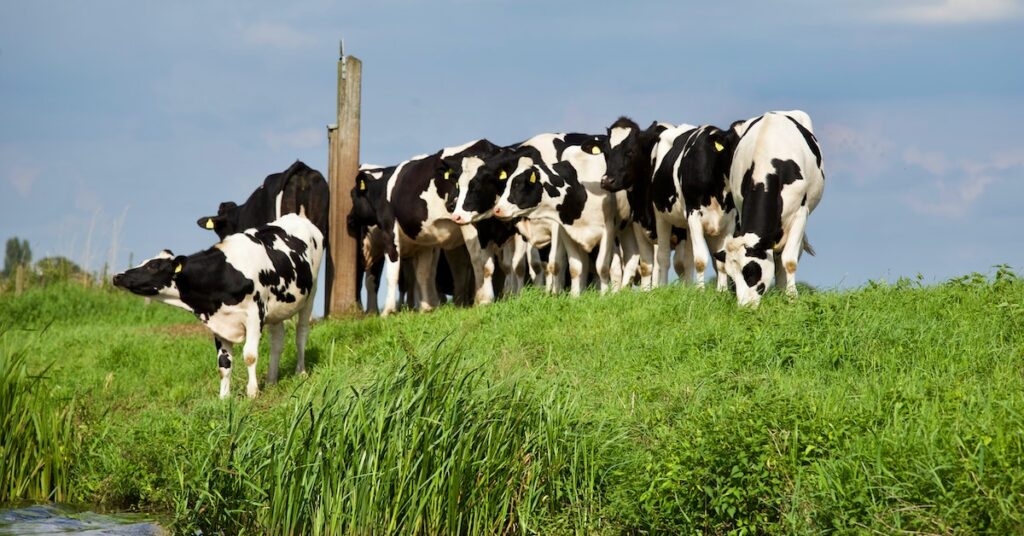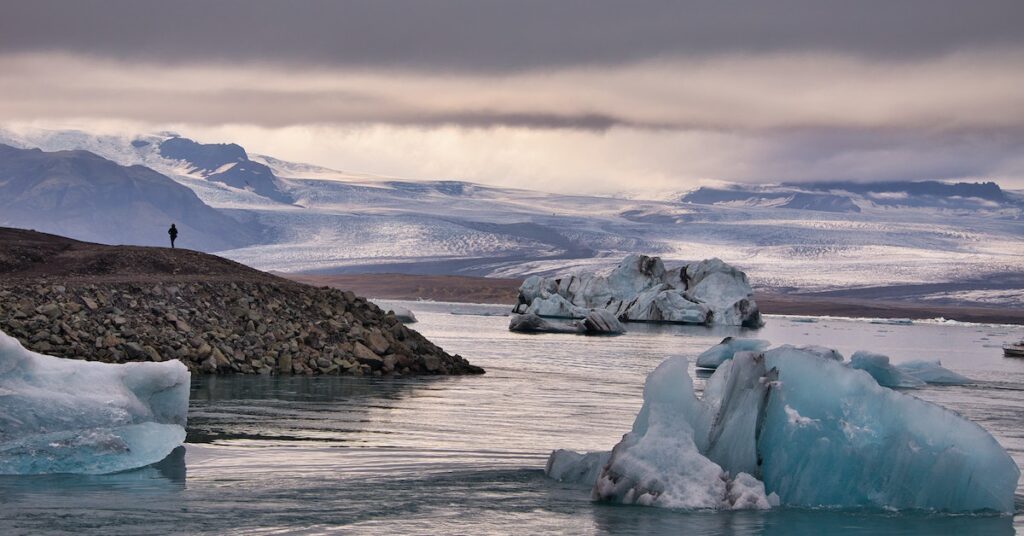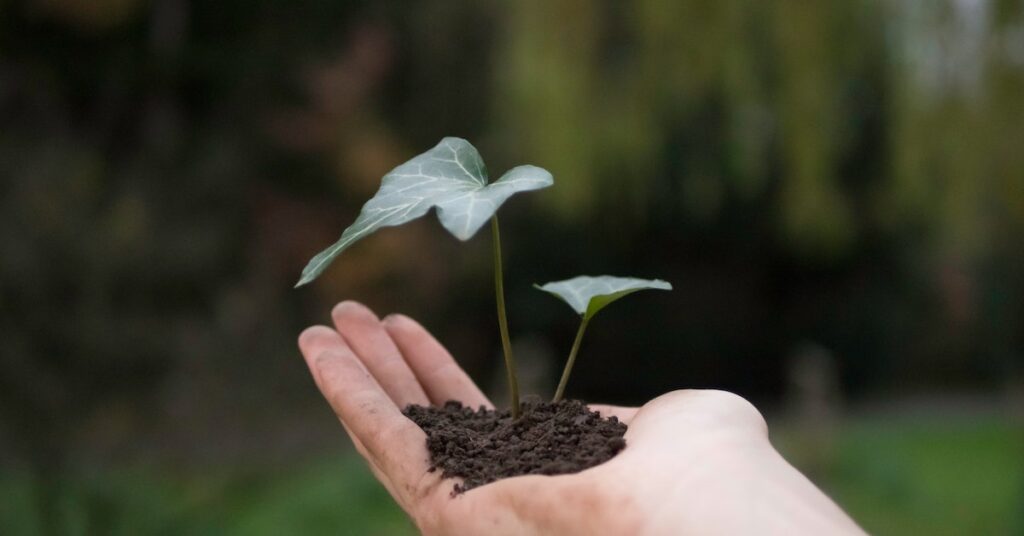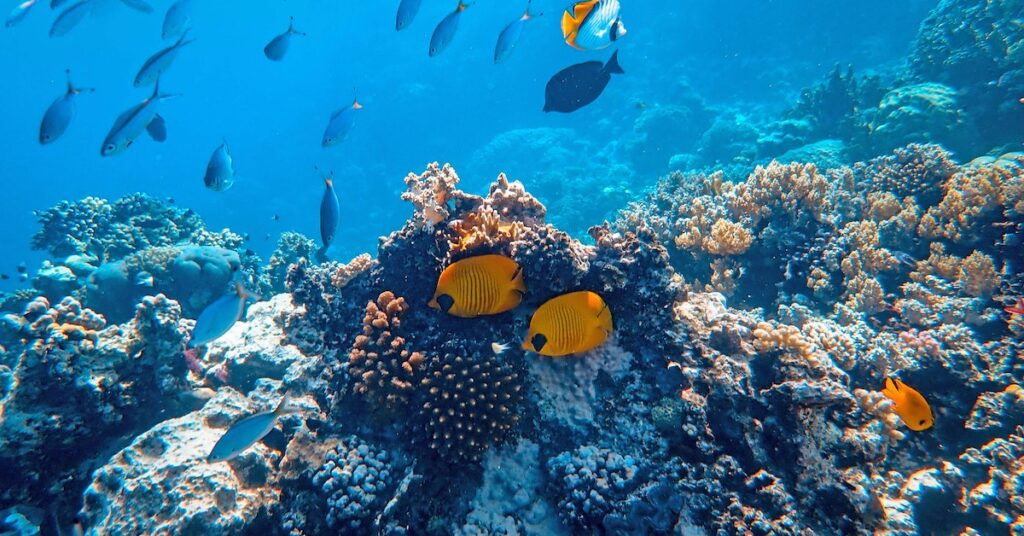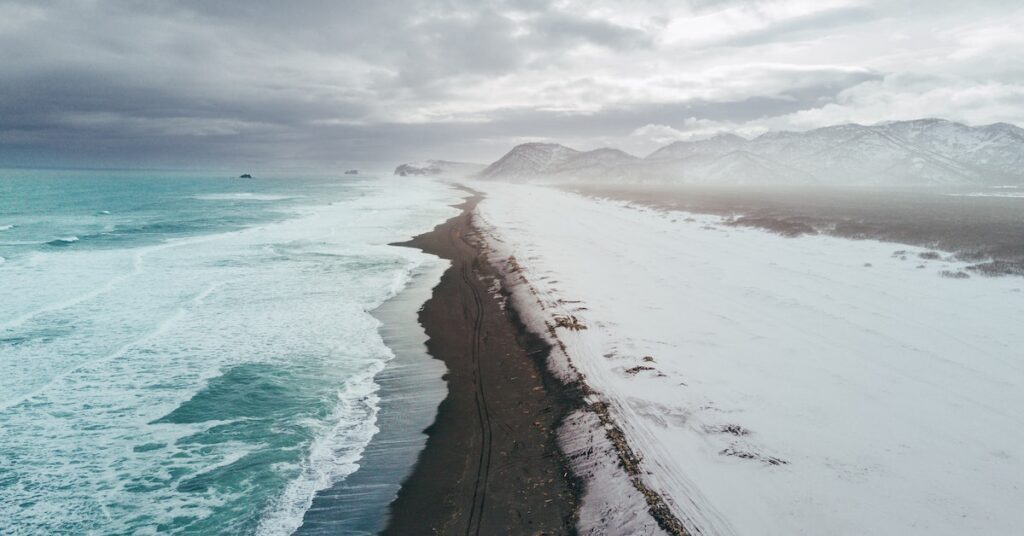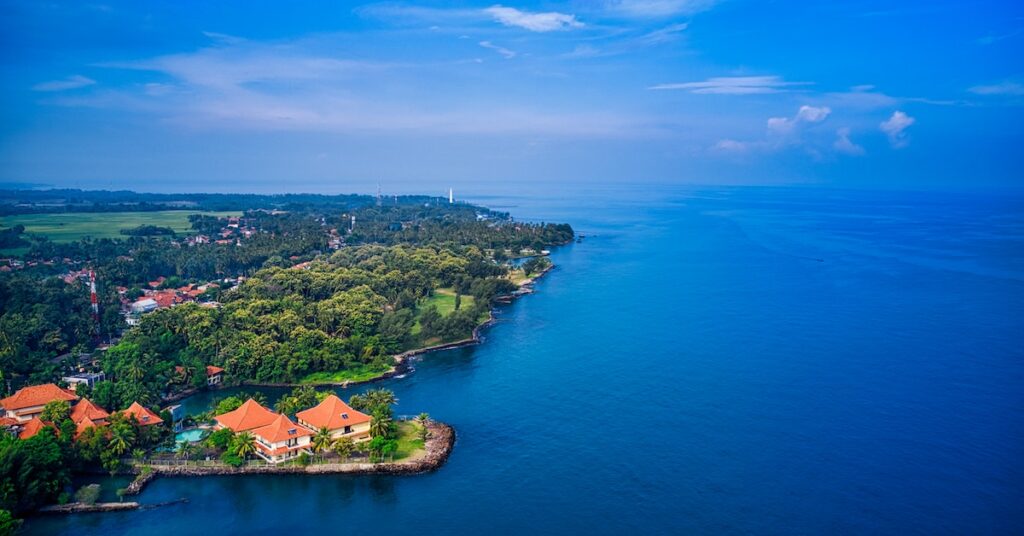The release of methane gases from landfills and hydro dams has contributed to global warming and the growth of wildfires. In addition, climate change is accelerating methane releases from Arctic soils and seas. These gases are also released into the atmosphere by waste from agriculture and wetlands. While these areas are carbon sinks, they are […]
Tag Archives: air pollution
There are several different ways to reduce methane production. These include using synthetic chemicals, rethinking agricultural cultivation, using feed additives, and capturing landfill gas. Each of these methods has its own advantages and disadvantages. For example, synthetic chemicals have some benefits while others are not as effective. Synthetic chemicals reduce methane production The application of […]
Methane is one of the most potent greenhouse gases, with a global warming potential of 100 times more than carbon dioxide. The most common source of methane emissions is livestock farming, although there are other sources as well, such as decomposing waste and rice cultivation. Scientists have gotten some shocks in the last decade as […]
The production of methane in the rumen of cattle increases as the amount of forage in their diets increases. The addition of seaweed to the diet of cows reduced methane production in the rumen. Cattle on diets containing high forage reduced methane emissions by 33% to 52%, and those on low forage diets decreased methane […]
Methane is a greenhouse gas that is found in the atmosphere and contributes to global warming. It has been identified as a potential contributor to climate change, but its true scope is unclear. Methane is a natural gas that is produced from the combustion of fossil fuels, such as oil and coal. This gas is […]
Methane emissions from human activities have become a significant contributor to climate change. Methane is four times more sensitive to global warming than previously thought, and it is expected that methane-related warming will continue to increase in the coming decades. Methane levels have been increasing at a slow rate since the turn of the century, […]
Coral reefs are a natural ecosystem that depend on a wide range of nutrients and water conditions to survive. But climate change is changing these environments in a way that can be devastating for our oceans and coastal communities. Increasing sea levels and ocean acidification can lead to increased sedimentation, which can smother coral. Ocean […]
Climate change is one of the most pressing issues facing the world today. As oceans continue to warm, Iceland will be more vulnerable to global warming and extreme weather events. Iceland is also at risk of more frequent landslides, ocean acidification, and changes in ocean currents. A recent UN report has highlighted the effects of […]
There are many reasons why islands cannot manage their waste properly. Landfills are scarce, NGOs are active in promoting re-use and recycling, and political leaders avoid difficult decisions. But there are also ways to combat the problem of waste in remote and rural areas. Here are three examples. Landfills are scarce Developing island nations face […]
Island ecosystems face numerous drivers and pressures that affect their functioning and sustainability. These include habitat loss and degradation, overexploitation, water pollution, erosion, climate change, alien species, and socio-cultural changes. Moreover, they are vulnerable to a number of natural phenomena and diseases. These problems make it imperative to protect island ecosystems, and these problems are […]


